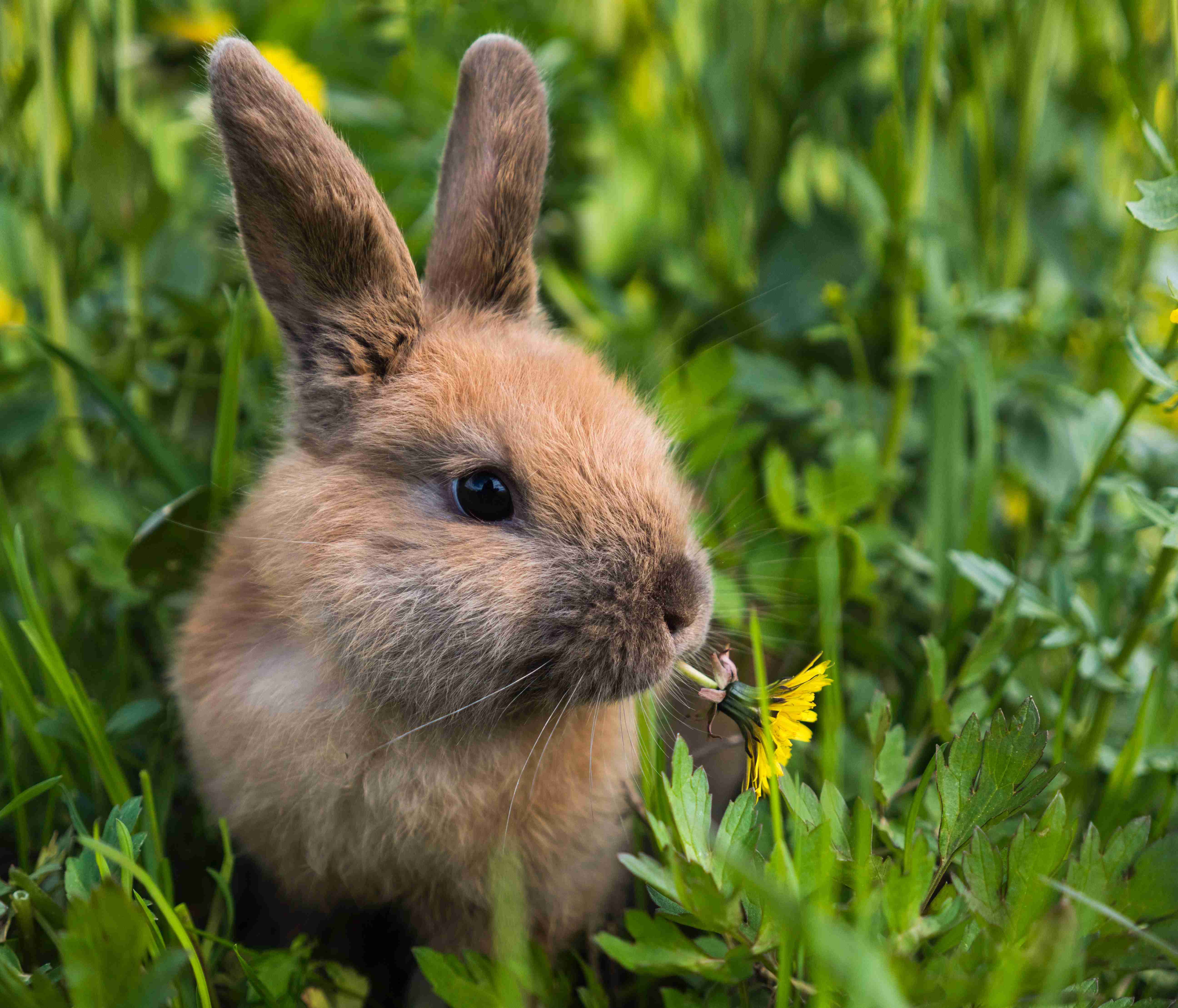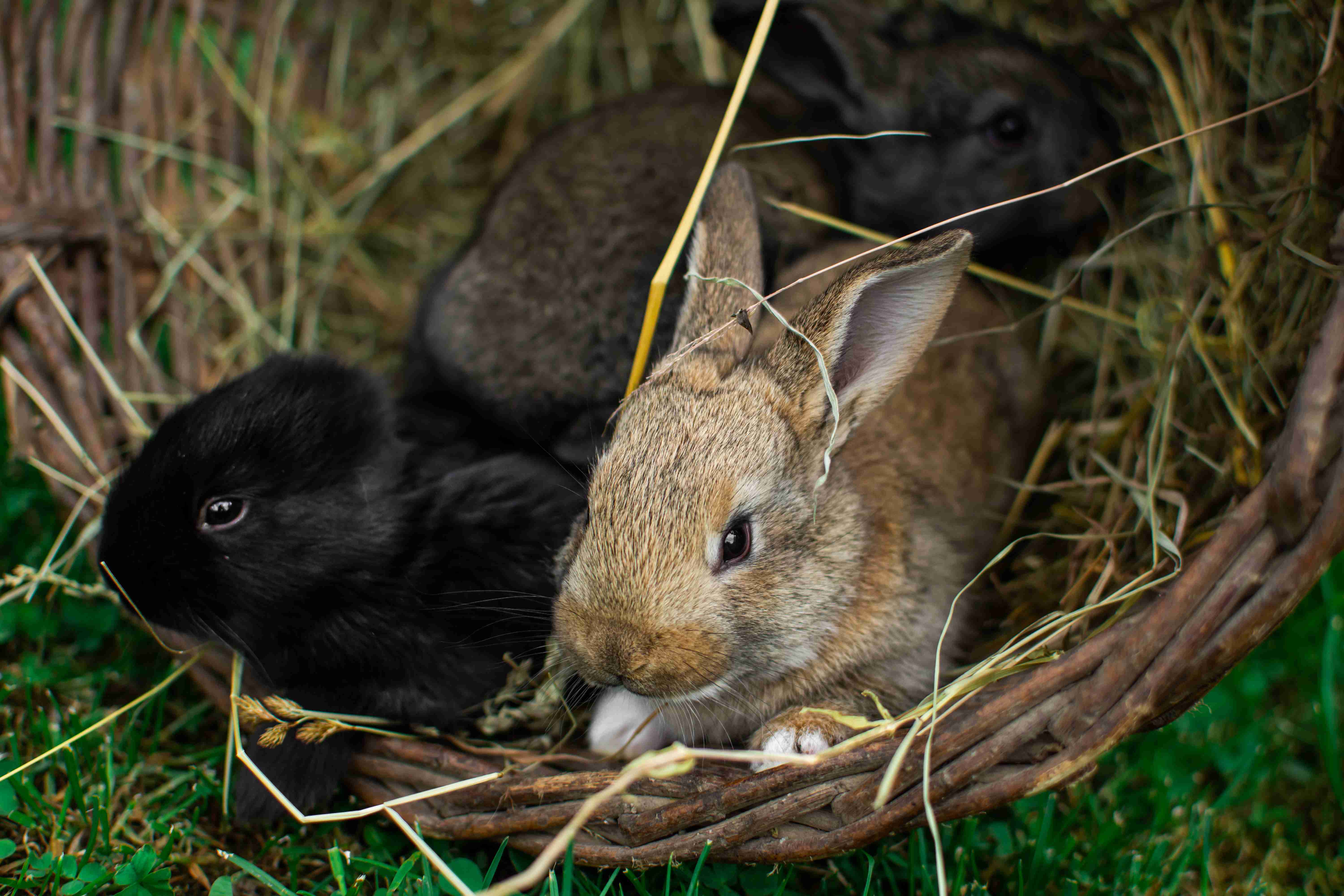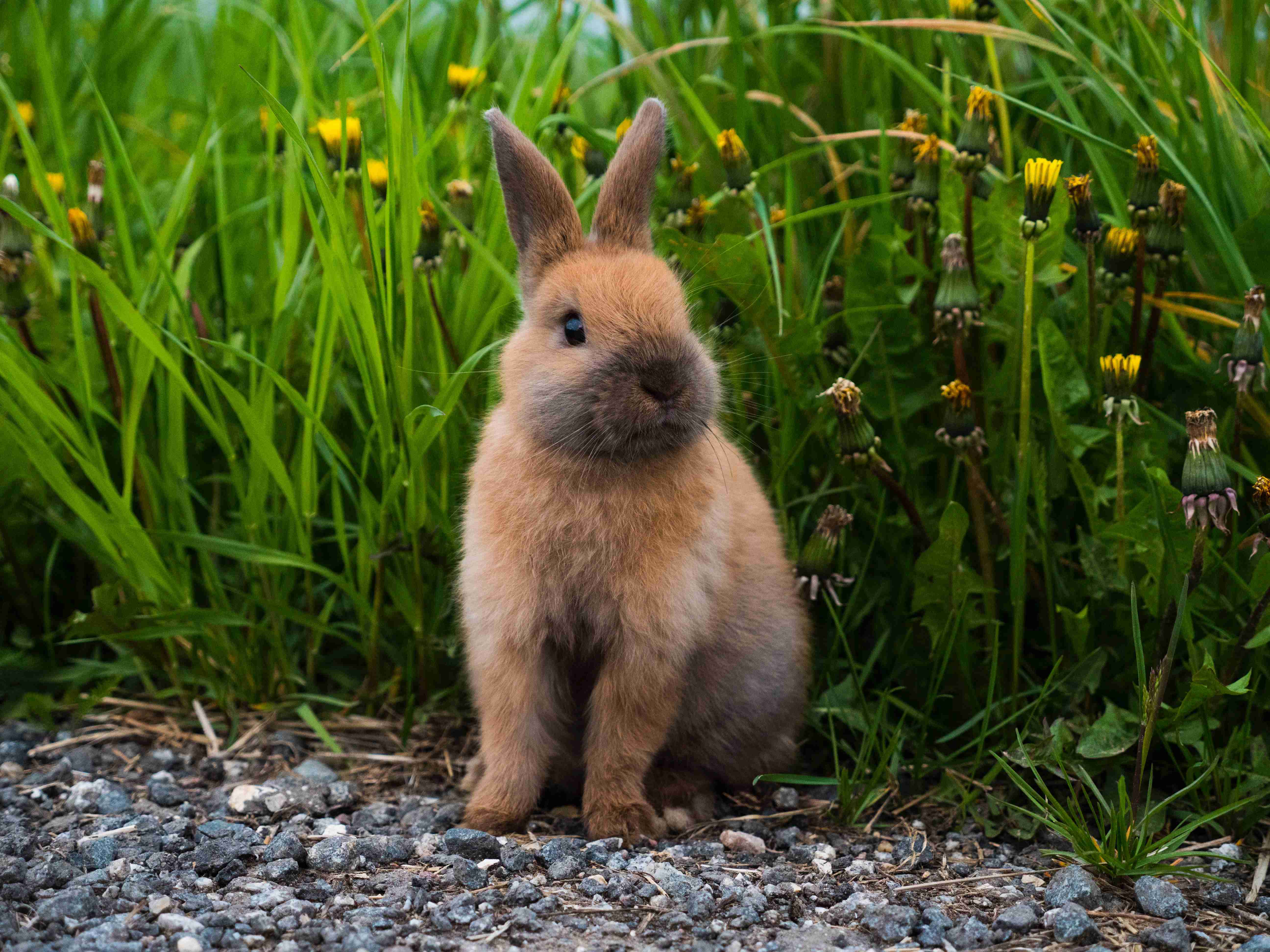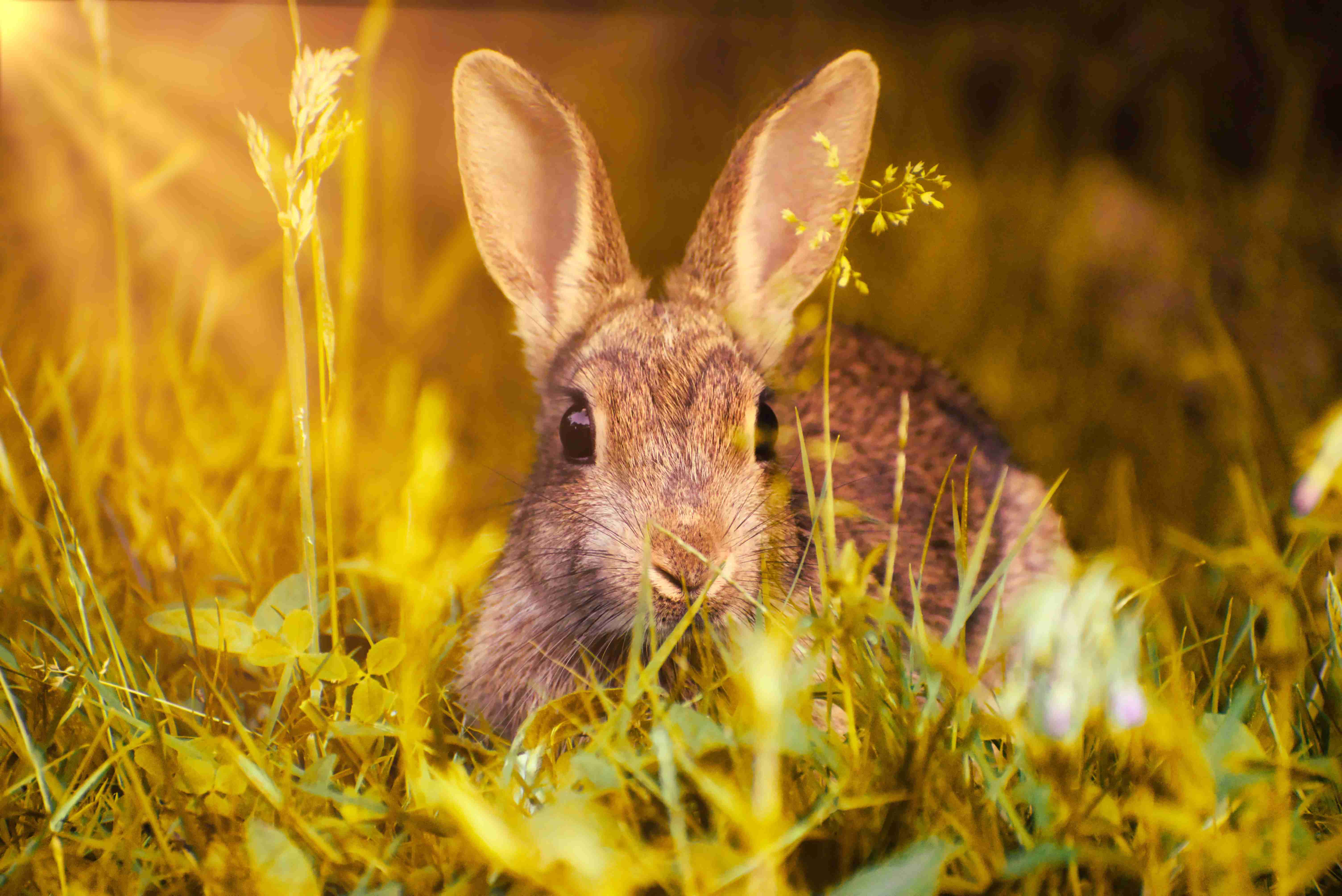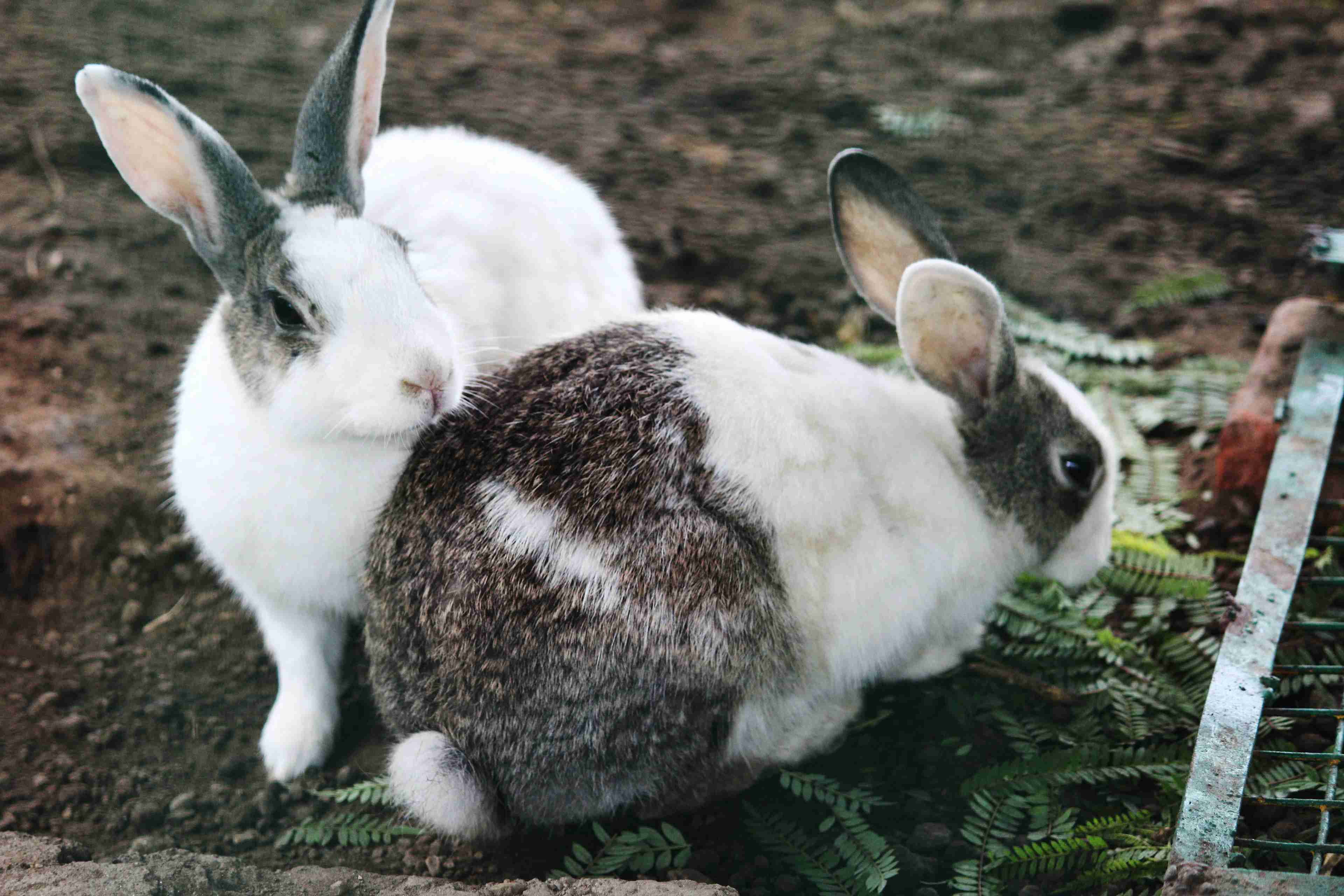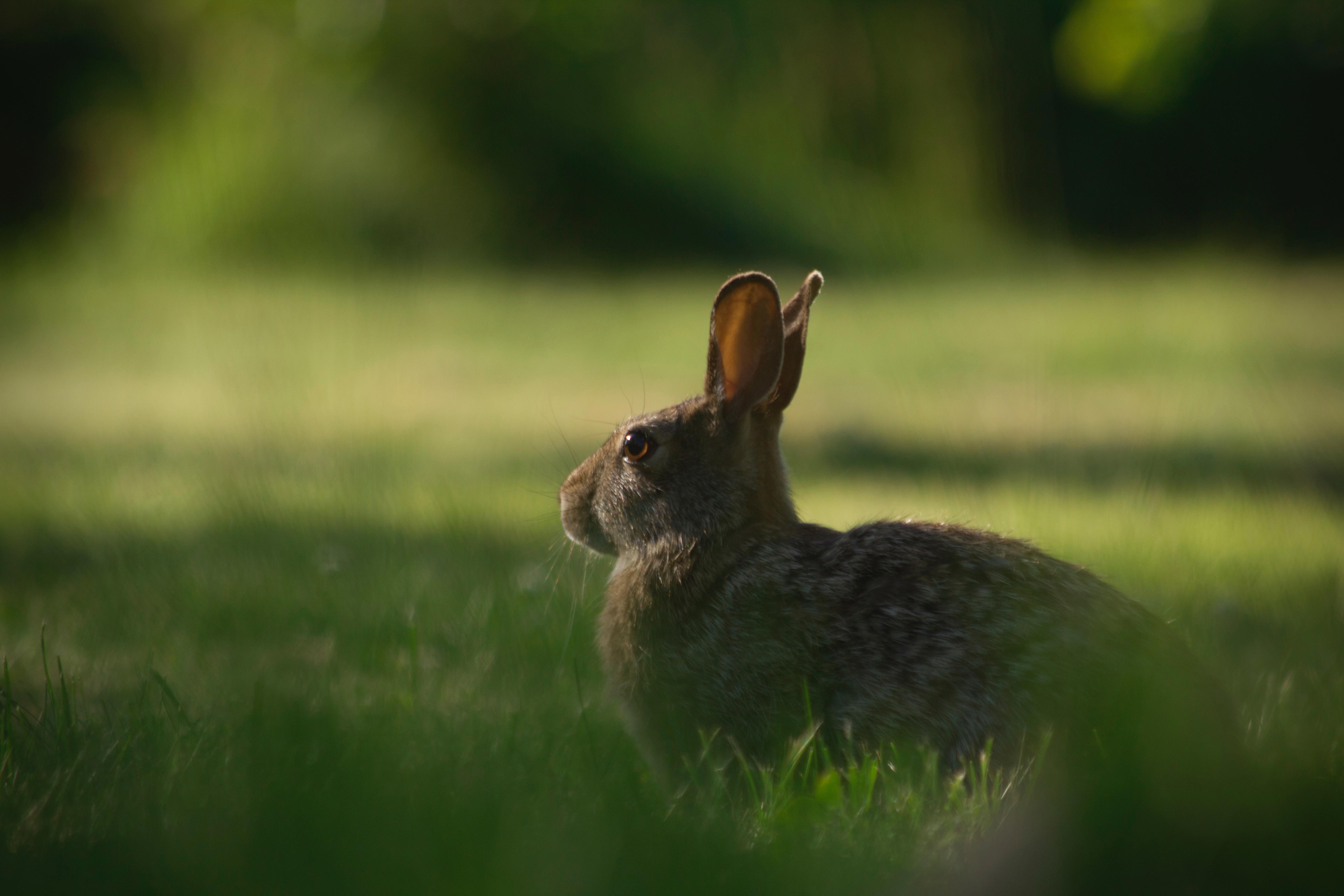Rabbits make for adorable and cuddly pets. They are gentle creatures that require proper care and attention to thrive. However, there are times when they fall sick and refuse to eat or drink. As a responsible pet owner, it’s essential to know what to do when your rabbit stops eating or drinking. This could be a sign of a more serious underlying health issue, making it critical to act fast. In this emergency guide, we’ll walk you through the steps to take when this happens, so you can provide the necessary care and attention needed to get your furry friend back on its feet.
Rabbits are known to be delicate animals and require special attention when it comes to their diet and hydration. They need to have a steady intake of hay, water, and fresh vegetables to keep their digestive system healthy and functioning properly. However, if your rabbit suddenly stops eating or drinking, it could be a sign of a serious health issue that requires immediate attention.
First and foremost, it’s important to monitor your rabbit’s food and water intake every day to notice any changes the-sweet-treat-you-can-give-to-your-chihuahua-bananas/”>in their behavior. If you notice a sudden change in your rabbit’s eating or drinking patterns, it’s important to take action immediately.
The first step is to check if there are any environmental changes that may have caused your rabbit to stop eating or drinking. Rabbits are very sensitive to their environment, and sudden changes in temperature, lighting or noise can cause them to lose their appetite. Make sure that your rabbit has a quiet and comfortable space to rest in and that their living conditions are optimal.
If environmental factors are not the issue, the next step is to examine your rabbit’s teeth, mouth, and gums. Rabbits have constantly growing teeth, and if they are not wearing down properly, it can cause pain and discomfort, making eating difficult. Check for any signs of overgrown teeth, swelling or inflammation in the mouth or gums, or any noticeable lumps or bumps.
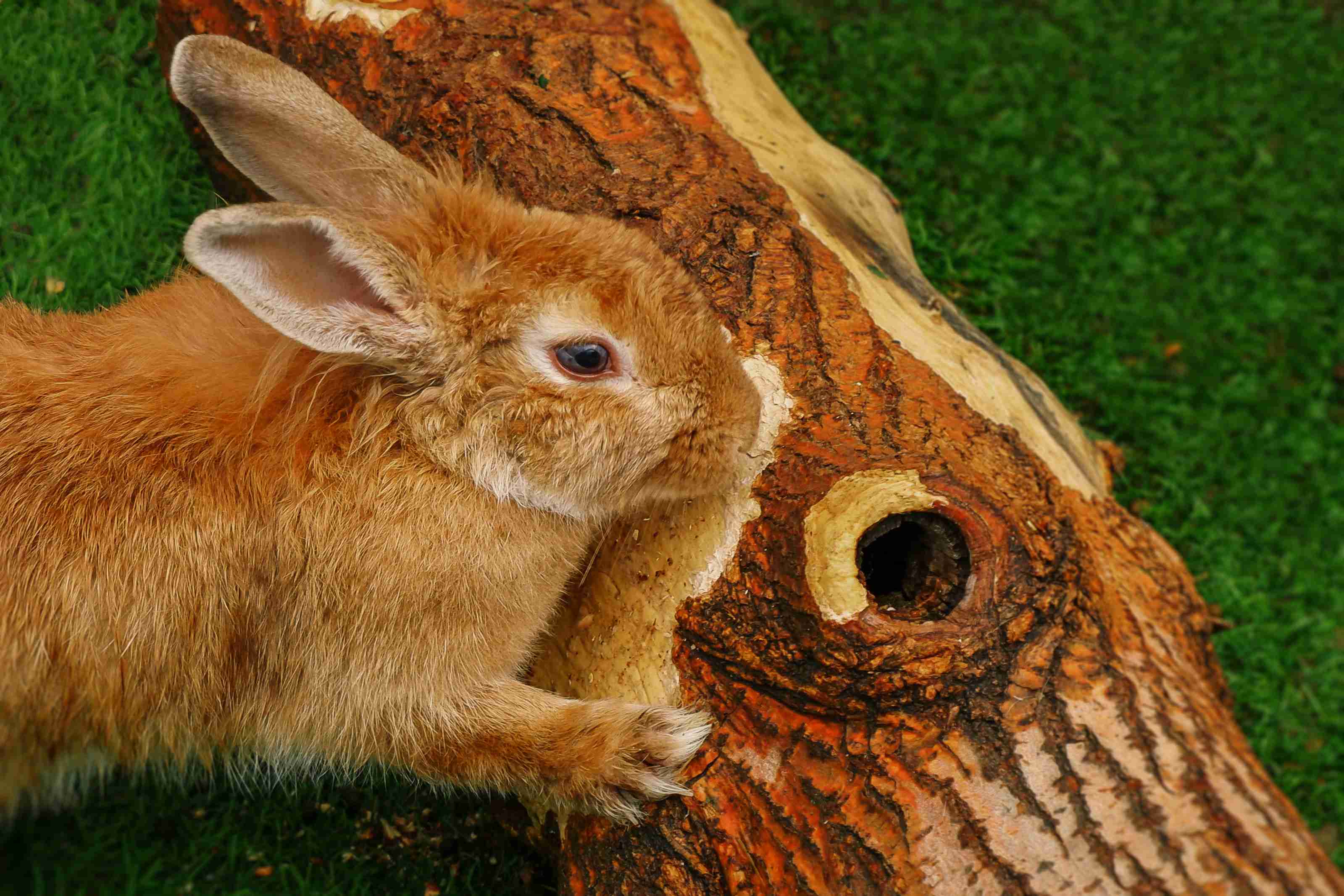
If you notice any dental problems or mouth issues, it’s important to take your rabbit to a veterinarian who specializes in rabbit care. They will be able to perform a thorough examination and provide the necessary treatment to get your rabbit eating and drinking again.
If there are no apparent dental or mouth issues, it’s possible that your rabbit is suffering from a digestive problem or an underlying health issue. In this case, it’s important to take your rabbit to the veterinarian immediately for a diagnosis and treatment.
In the meantime, it’s crucial to keep your rabbit hydrated by providing fresh water and electrolyte solutions. You can also try to encourage them to eat by offering their favorite foods or hay. However, if your rabbit continues to refuse food or water, it’s best not to force them to eat, as it can cause more harm than good.
Overall, if your rabbit stops eating or drinking, it’s important to take action immediately. Monitor your rabbit’s behavior, check for environmental changes, examine their teeth and mouth, and take them to a veterinarian if necessary. Remember to keep your rabbit hydrated and provide them with the necessary care and attention to ensure their health and well-being.
In conclusion, it is essential to keep an eye on your rabbit’s eating and drinking habits. If you observe any changes, it is crucial to act fast and take the necessary steps to ensure your rabbit’s health and well-being. Remember to always seek veterinary help when in doubt, and be prepared with the necessary emergency supplies. By following these tips and guidelines, you can help your rabbit recover from any illnesses or conditions and ensure they live a happy and healthy life.
Please follow us on Social Media


